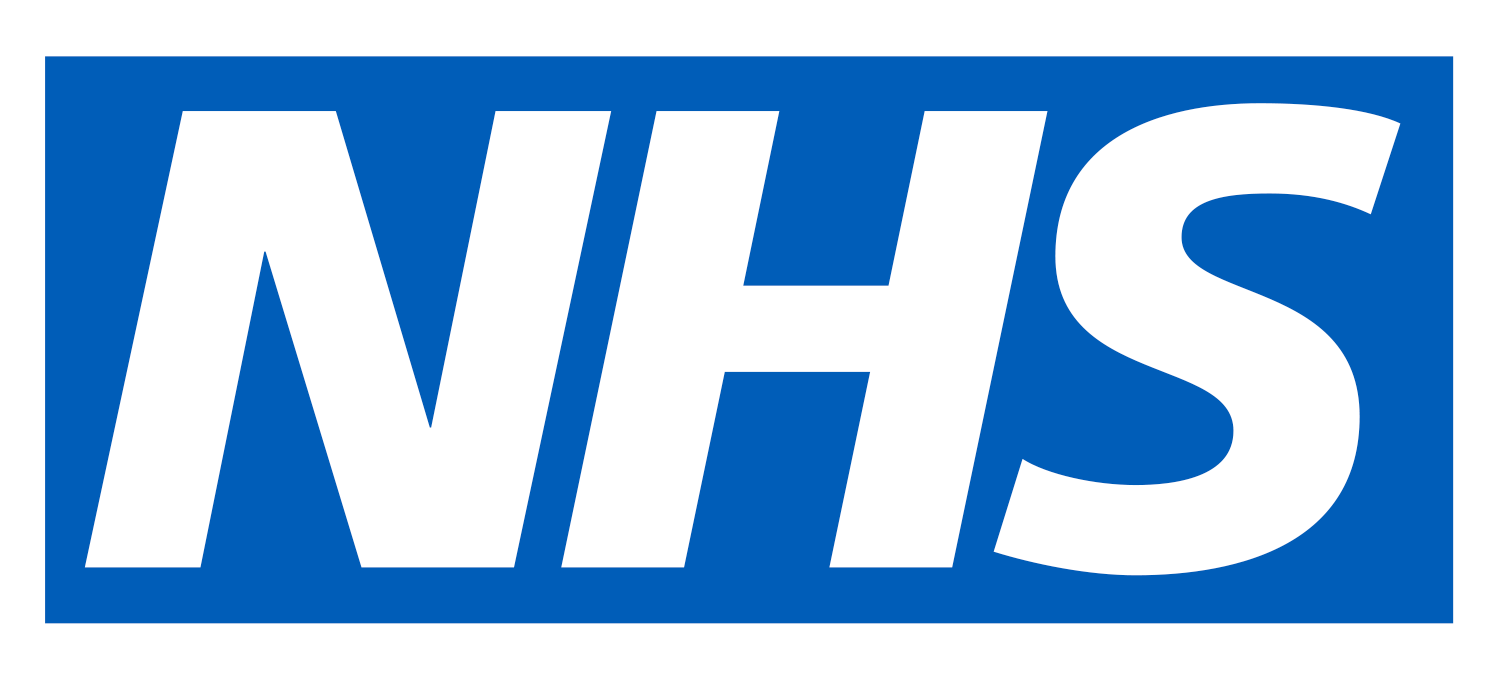The NHS is running a Fraud Awareness Month throughout June to help people identify NHS fraud and subsequently report it.
There are many types of NHS fraud and it may be committed by patients, health professionals, NHS managers and staff or contractors and suppliers to the NHS.
Types of NHS fraud
Committed by patients:
Patient fraud could include patients who claim for free or reduced cost treatment and services when they are not entitled to it, or using aliases to get prescription drugs.
Committed by health professionals:
Fraud by NHS professionals could include those who claim for treatments or services not received, eg dental or optical treatments), and working elsewhere while on sick leave.
Committed by managers and staff:
Fraud by NHS managers and staff includes submitting dishonest claims for grants and payments, eg false or inflated travel or subsistence claims and fraudulent applications for funding and training.
Committed by contractors and suppliers:
Contractor and supplier fraud includes charging for items of a higher quality or greater quantity than those supplied, and using inappropriate tendering processes.
The NHS Counter Fraud Service (NHS CFS) is urging people to call their free, confidential NHS Fraud and Corruption Reporting Line on 0800 028 40 60 to report suspicions about fraud.
Read more about NHS Fraud on the NHS website.
Please note: Action Fraud is not responsible for the content on external websites.
To report a fraud, call Action Fraud on 0300 123 2040 or use our online fraud reporting tool.
Related links: Health and medical scams

